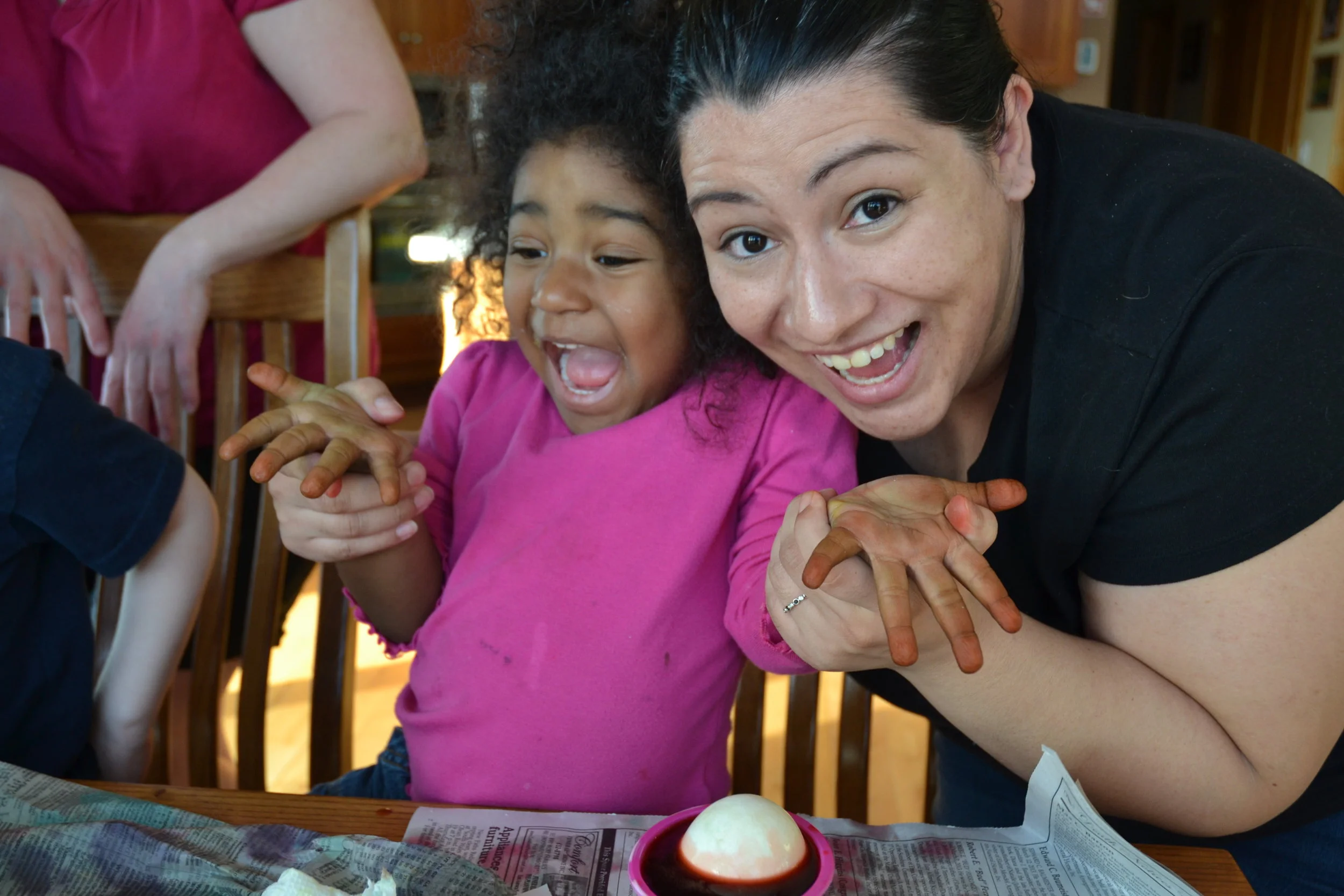Recently, I have noticed an increase of talk on social media and IRL about the stigma of addiction and mental health. What is interesting is that there is a judgement of weakness, laziness, or a person being thought as being less worthy of respect, compass or understanding than anyone who does not identify with these issues. In working with mental illness and addiction, I have found that the biggest barrier to treatment and helping another is a lack of understanding and compassion. There is so much that can be spoken about understanding mental illness and addiction. However, what seems to be highlighted about this stigma is the way we judge, condemn, and even hate the things that we don’t understand.
How we approach what we do not know or understand says volumes about our own values. There is a common phrase that says you can tell someone’s own self worth by how they treat others and the “absolute” judgements that they make. I do believe that this is true. Does this mean that in order to have good self-worth that you must understand all aspects of another psyche or not uphold your own values, excusing all negative behavior in order to not judge? No. Its more about how you approach the unknown. This is where self awareness comes in. We do need to recognize that sometimes our initial and gut reactions are learned behaviors and can sometimes stem from our of fears -the fear of the unknown specifically. In exploring what we do not know, we will discovery so much knowledge about ourselves. What does your behavior and reactions say about you?
My challenge to you is to really sit with the the last time you were fearful or had a automatic judgment about something or someone and explore the areas that you can learn more about. Let's be bold, courageous, and explore our own reactions to help create more compassion with each other and ourselves.



